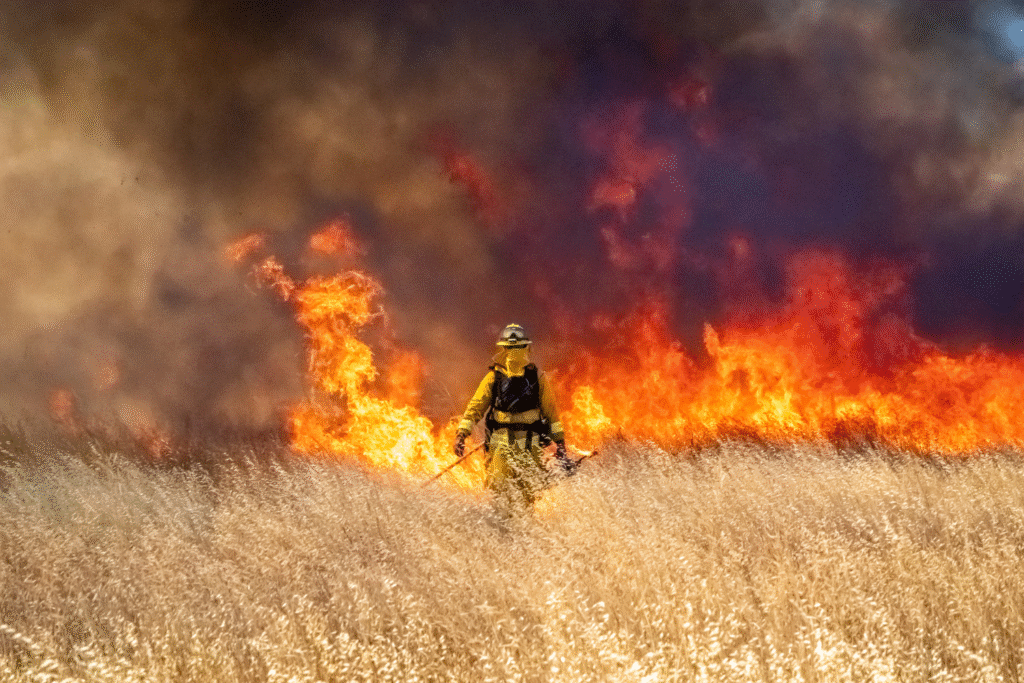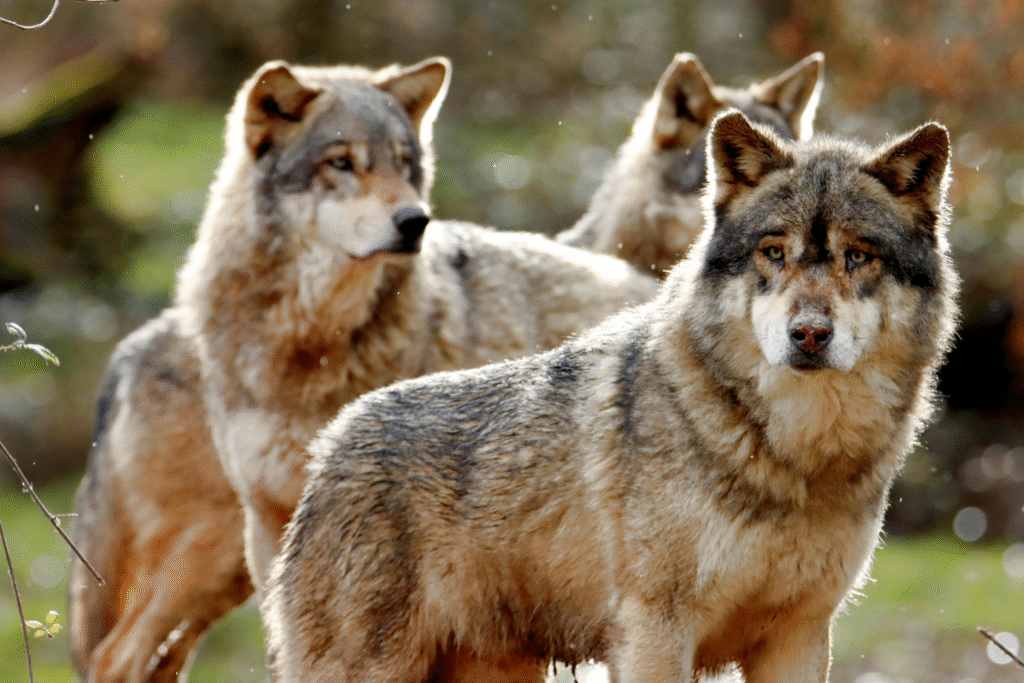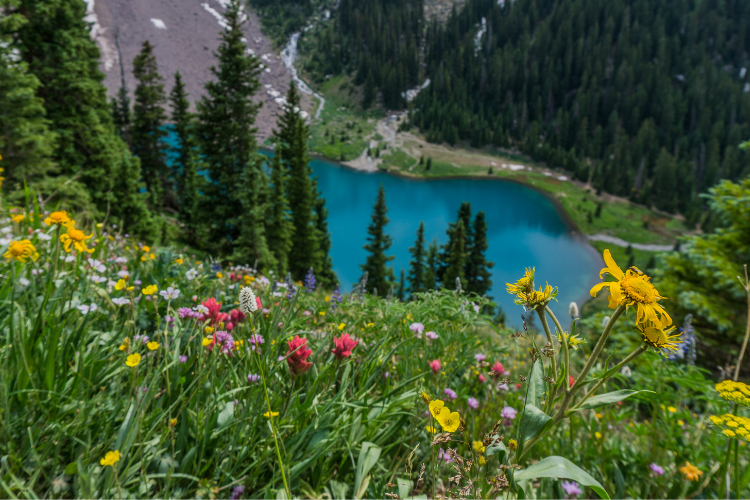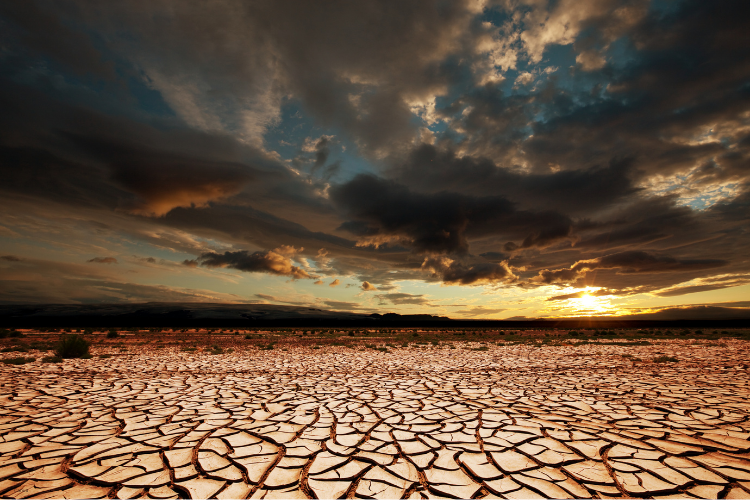Global warming is not a distant theory but a present reality reshaping the way we live.
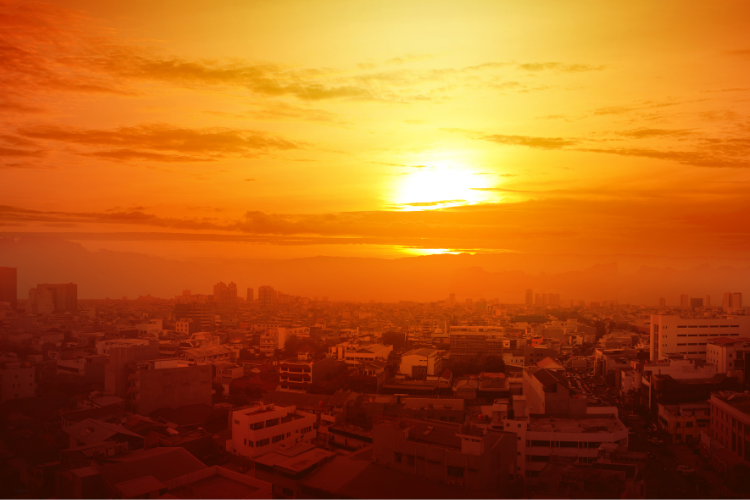
Scientists describe it as Earth running a dangerous fever, one fueled by human activity at an unprecedented scale. Invisible gases rise with every factory, car, and power plant, locking in heat and tipping delicate climate systems off balance. It touches everything from food prices to where coastal families can safely build their homes.
What makes this story urgent is the pace. We’re accelerating change faster than ecosystems and societies can adapt, and that speed makes global warming less about far-off forecasts and more about immediate consequences. Understanding the key drivers and effects isn’t just an academic exercise—it’s the foundation for deciding what kind of future is still possible.

